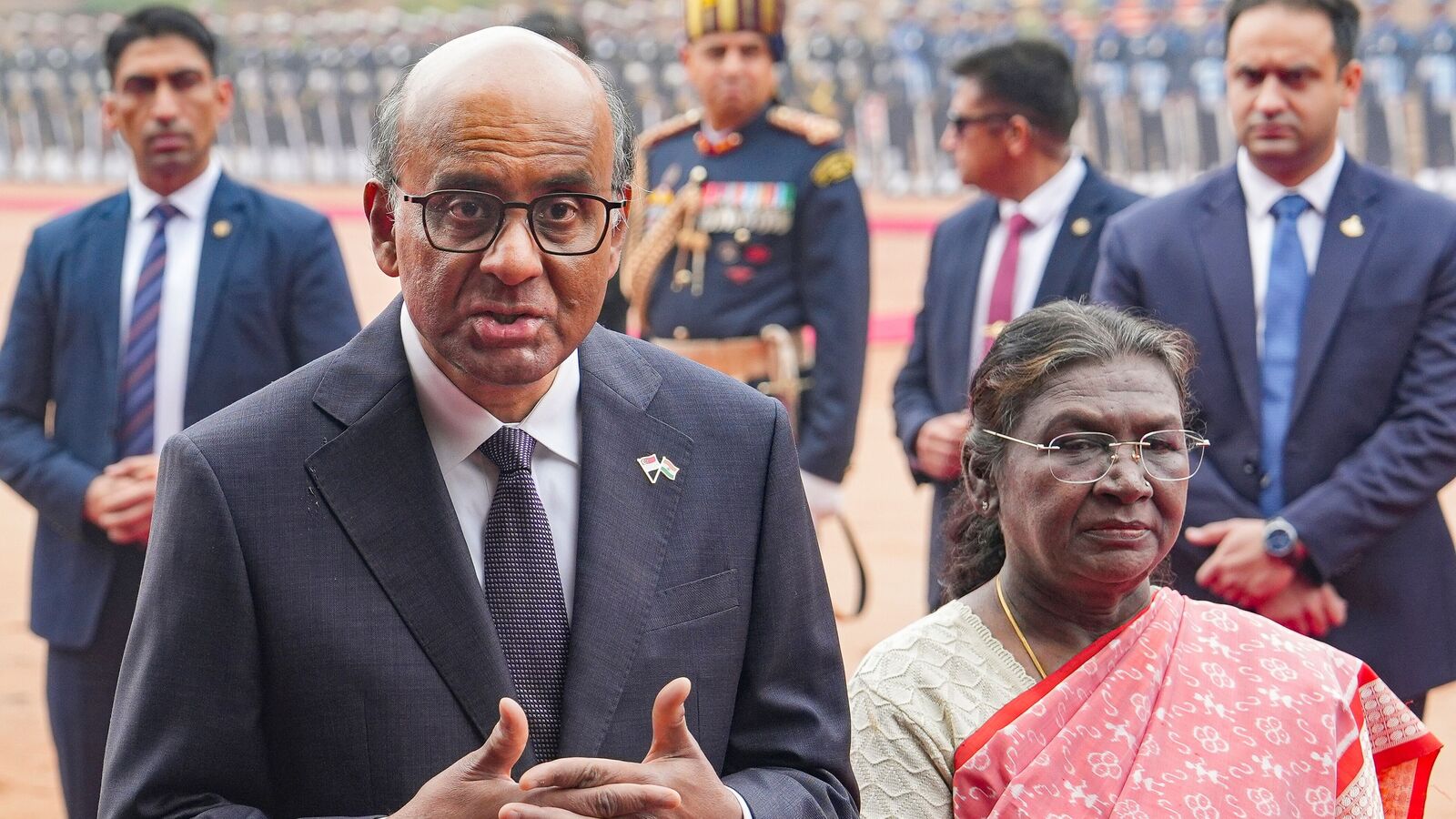In April 2023, Mint first reported that India was looking at setting up bilateral power transmission lines with Singapore and other countries such as Saudi Arabia and the UAE. It currently has interconnections with Bhutan, Nepal, Bangladesh and Myanmar.
Also read: India’s clean energy sector sees surge in FDI while other sectoral investments decline
The latest development is in line with the International Solar Alliance’s ‘One Sun One World One Grid’ initiative. India has already signed an agreement for power transmission connectivity with Saudi Arabia and is also looking at an interconnection with the UAE. Sri Lanka and the Maldives are the other countries being considered for bilateral grid connectivity with India.
Cross-border interconnections play a vital role in the transition to clean energy. According to the Central Electricity Authority’s National Electricity Plan for transmission, surplus sources of clean electricity in one country can be used by other countries with grid interconnections. These can also help combat time diversity in solar power generation.
Ambitious goals
Both India and Singapore have ambitious energy-transition plans. India plans to install 500 GW of non-fossil power generation capacity by 2030 and achieve net-zero emissions by 2070, while Singapore is working to increase its use of renewable energy sources including solar, wind and hydrogen to meet its goal of net-zero emissions by 2050.
Also read | Nuclear option: Small modular reactors can pave India’s path to clean energy
Under the Singapore Green Plan 2030, the country plans to maximise solar panel deployment, including on rooftops, reservoirs and other open spaces, with a target of at least 2 gigawatt-peak (GWp) of solar energy deployment by 2030, would be enough to meet the annual electricity needs of around 350,000 households.
The country also aims to import up to 4GW of low-carbon electricity by 2035, which would make up around 30% of its projected electricity supply, according to the green plan.
Terming India a ‘natural partner’, the Singaporean president also said both countries were planning a data corridor between GIFT City in Gujarat and Singapore, and working on maintenance, repair and operations (MRO), skilling and semiconductors.
Shanmugaratnam arrived in New Delhi for a state visit on Tuesday, marking his first official trip to India as the president of Singapore. The visit coincides with the completion of 60 years of diplomatic relations between the two countries.
Green energy corridor, India singapore, singapore president, clean energy, energy transition, net zero emissions, india singapore relations, Tharman Shanmugaratnam, bilateral power connectivity, international solar alliance, solar power, wind power, sustainability goals
#India #Singapore #eyeing #green #energy #corridor #Singapore #president
